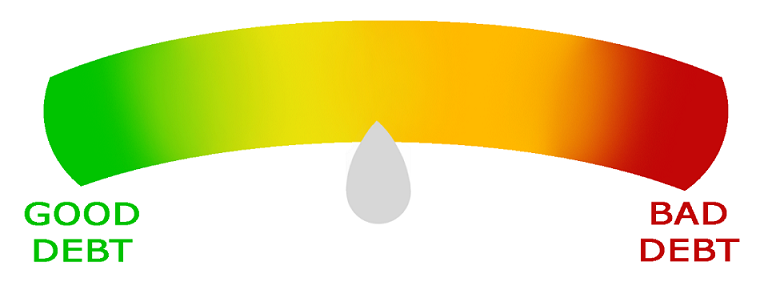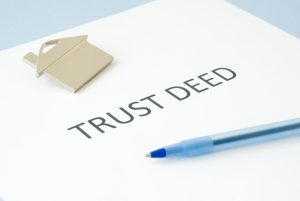Is there such a thing as Good Debt?
The word ‘debt’ alone can stir up a feeling of dread in countless people across the globe. The thought of owing money to a company, corporation or bank can have us all quaking in our boots, but is debt always necessarily a bad thing? With anything from payday loans from companies such as Uncle Buck, to a full mortgage from a bank available for the taking, it can be difficult to see how all debt is bad when it’s so easily accessible today. Here, we’re taking a look into whether there is such a thing as good debt.

What Do We Mean By Good Debts?
‘Good debt’ is a term thrown around quite a lot in finance, but not necessarily with the same definition every time. From countless advertisements claiming that making money off of other people’s cash is good debt, we’re focusing more closely on another form of ‘good debt’ – Houses, student loans and businesses.
For the most part, you’ll want to avoid being in debt at all, but by taking out student loans in order to go to college and learn, this can often be classed as being a good debt. The theory behind these debts are that you’ll head out to college, get a worthy education, and then hop into a high-paying job so you can earn more than you’ll need to pay back. Of course, this is a dream to most, but it’s unfortunately not quite that simple anymore. Similarly, mortgages on a home may be worthwhile if you’re planning on remaining in that home until the day you kick the bucket, but for those waiting for the home to depreciate in value so they can sell on, this may not necessarily be possible. Business debt works in a similar way – you take out a loan for the business, hope that you start earning more money to pay off the loan and become rich! But, you guessed it, this doesn’t always happen.
In short, good debts are ‘better’ debts due to their potential to get you something good in the end, but the risks can often outweigh the potential benefits.
Good Debts vs. Bad Debts
Determining whether a debt is ‘worth’ taking out ultimately depends on your own financial situation, the affordability of the loan, the long-term benefits you could see and, of course, the risks you could be taking by borrowing the money. While diving in head first with a business venture has worked out in the past, far too many times it hasn’t, leaving the entrepreneur in debt with no way to pay it back. However, if you’re already in a situation where you can pay it back, you’re willing to accept risks and the long-term benefits are likely to be set in stone, good debts could very well be possible.
If the opposite is true, it’s time to take a step back and really review the situation. If you can’t afford the loan, the risks aren’t likely to be worth it and it’s best to reconsider before getting into bad debt.
Handling The Repayments For Any Kind Of Debt
Regardless of good or bad debts, you’ll need to know how to handle the repayments. If you already have the minimum amount on hand, you may be set but it’s still best to effectively manage your finances. Some ways you can handle debts are as follows:
- Prioritise high-interest debts to cut down the owed amount quickly
- Make sure you pay the minimum on all debts, not just one
- Avoid taking out further loans to pay off bigger loans, unless you know you can afford to pay back short-term loans by your next payday.
- Careful arrange your spending to ensure that the money is going where it needs to be, and not onto purchases you don’t necessarily need.
- Set up Direct Debits to ensure the money is going to the debts rather than being spent.
Hopefully this has given you a better insight into whether or not good debt is truly something that exists. In general, debts are only ’good’ when you’re in the right situation in which to pay them back and have a good reason in which to take out the money. Ensuring that you are in a position in which you can accept potential risks is a must.

